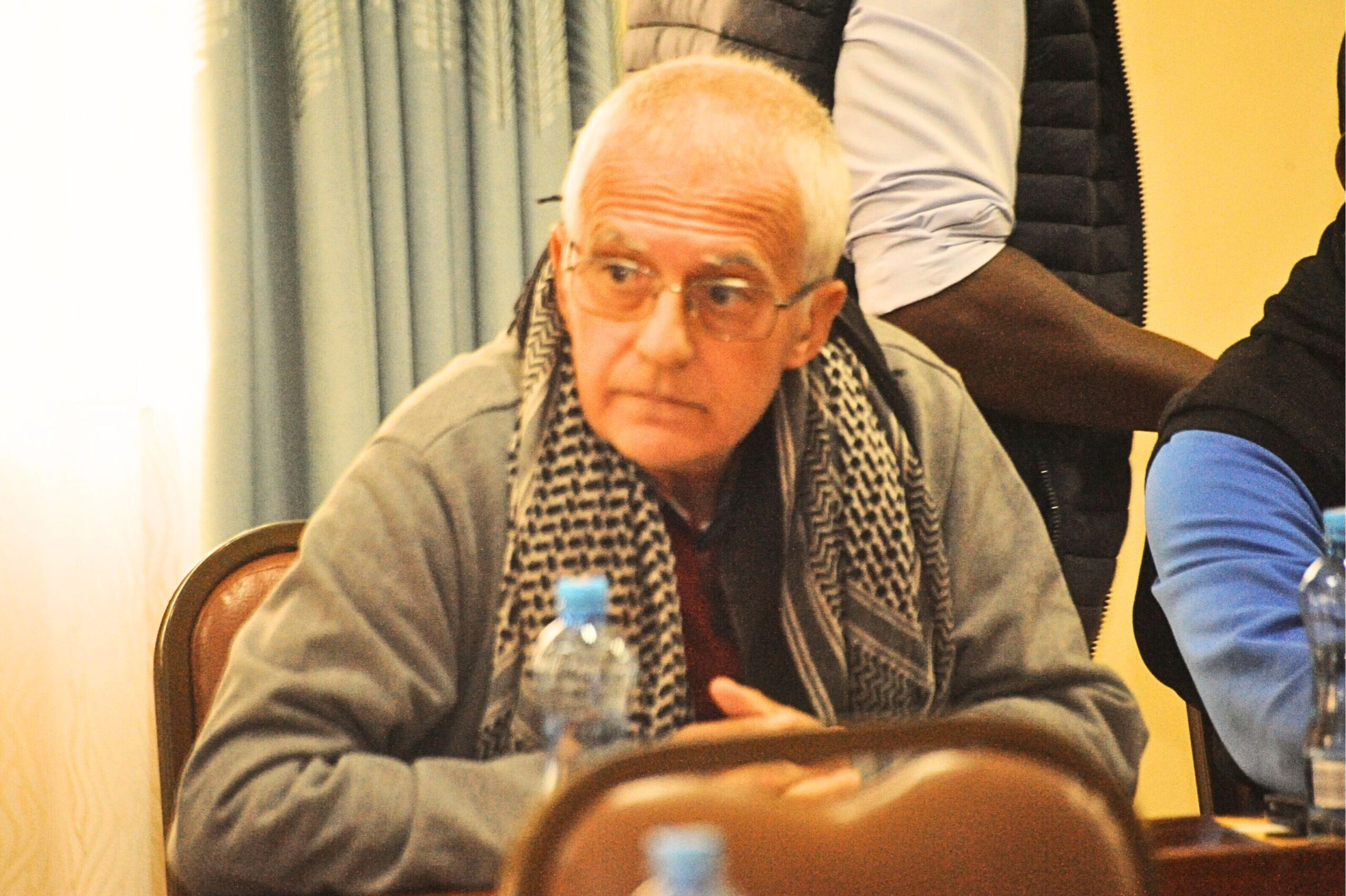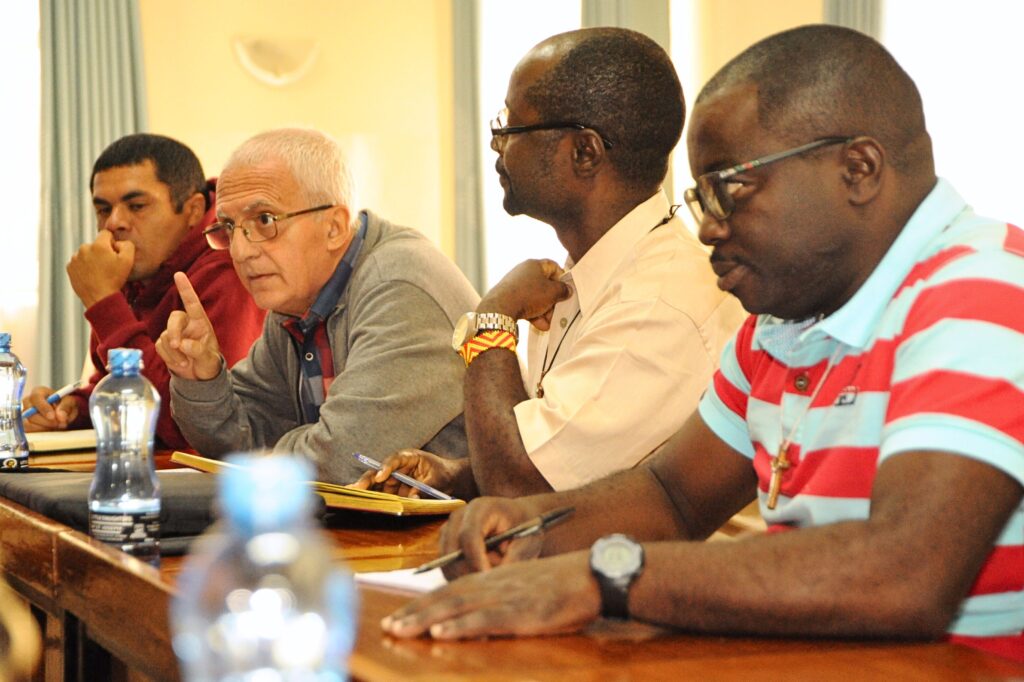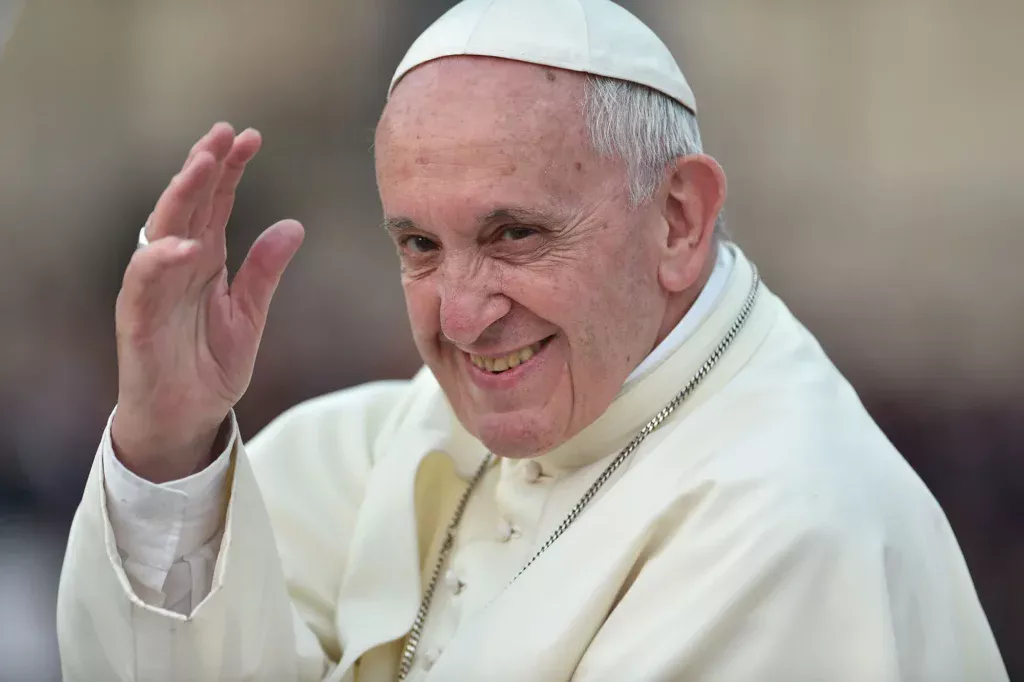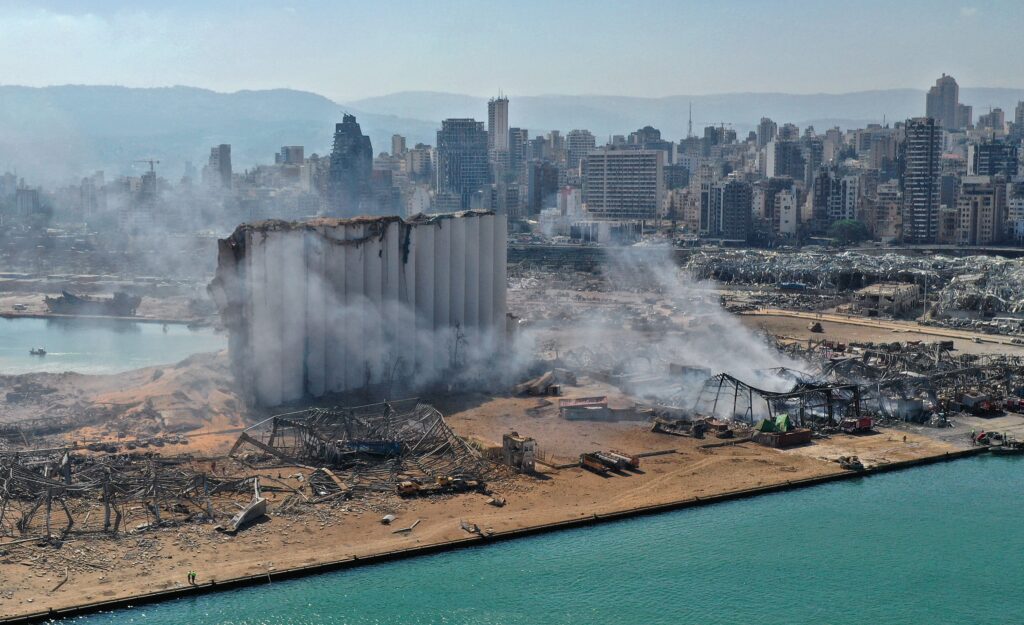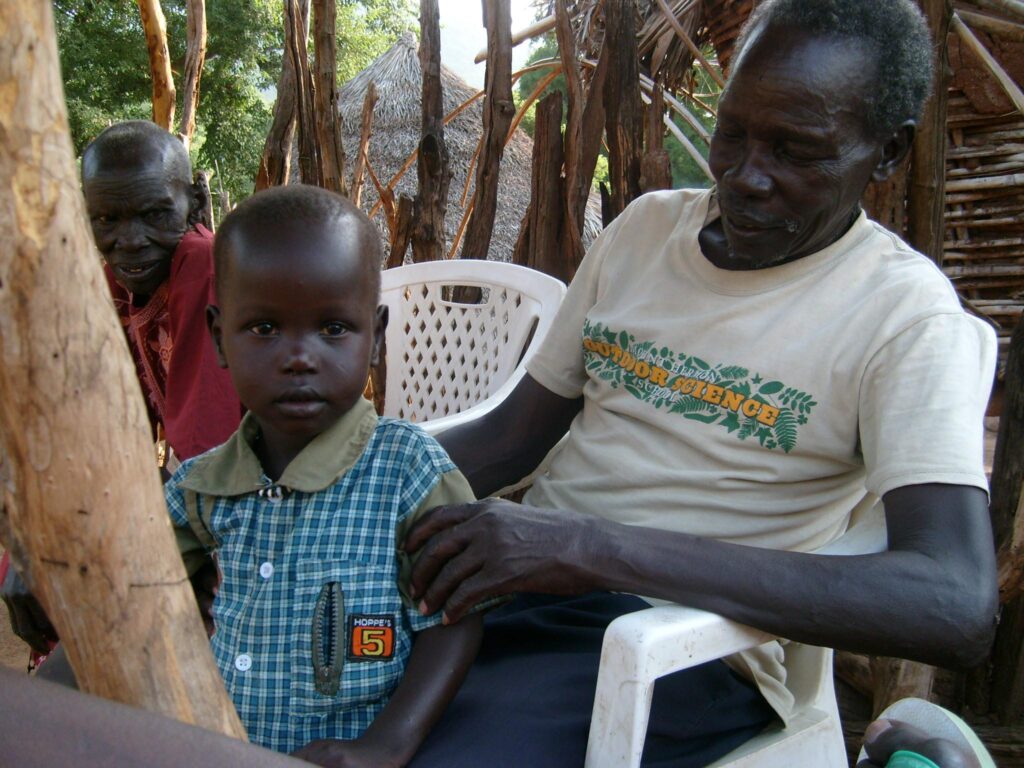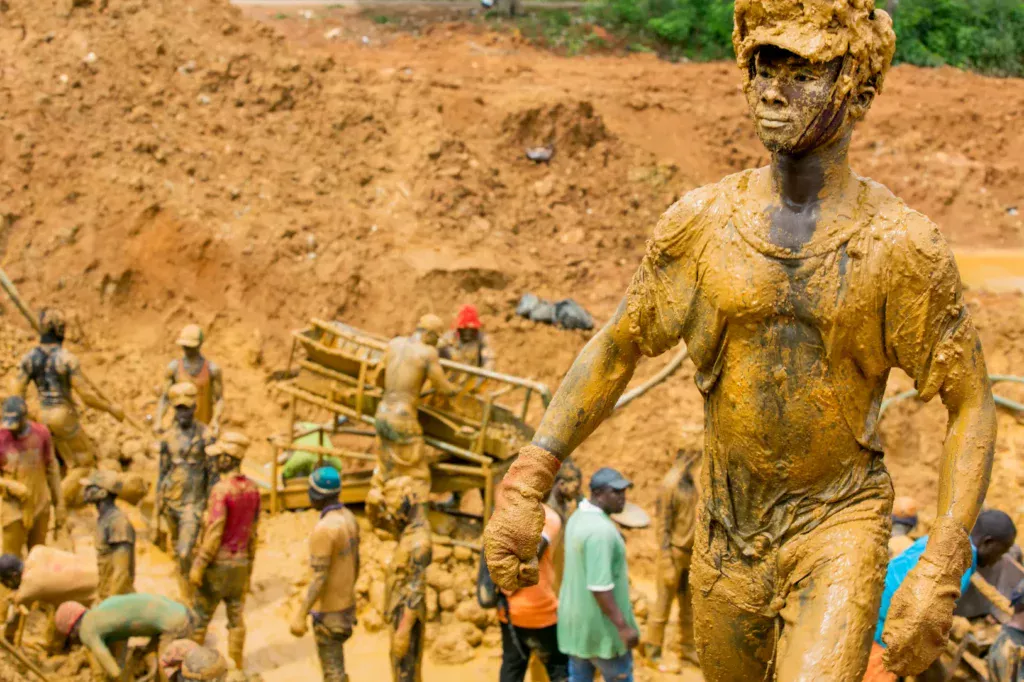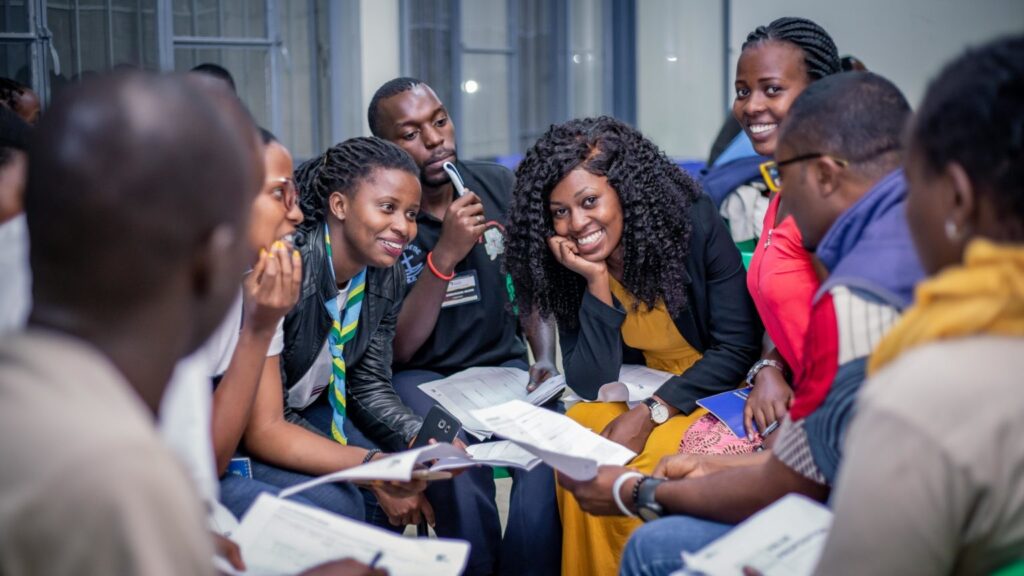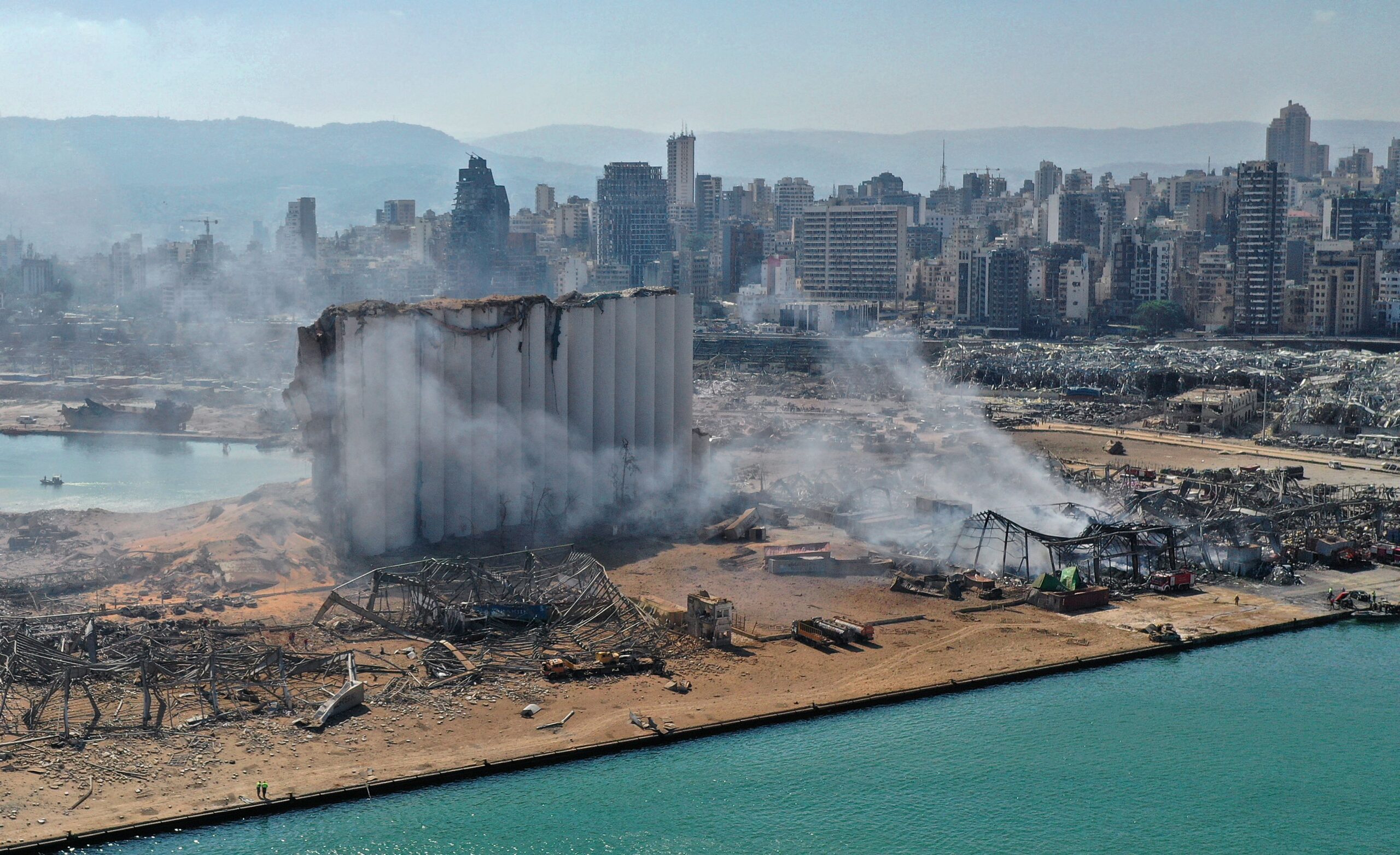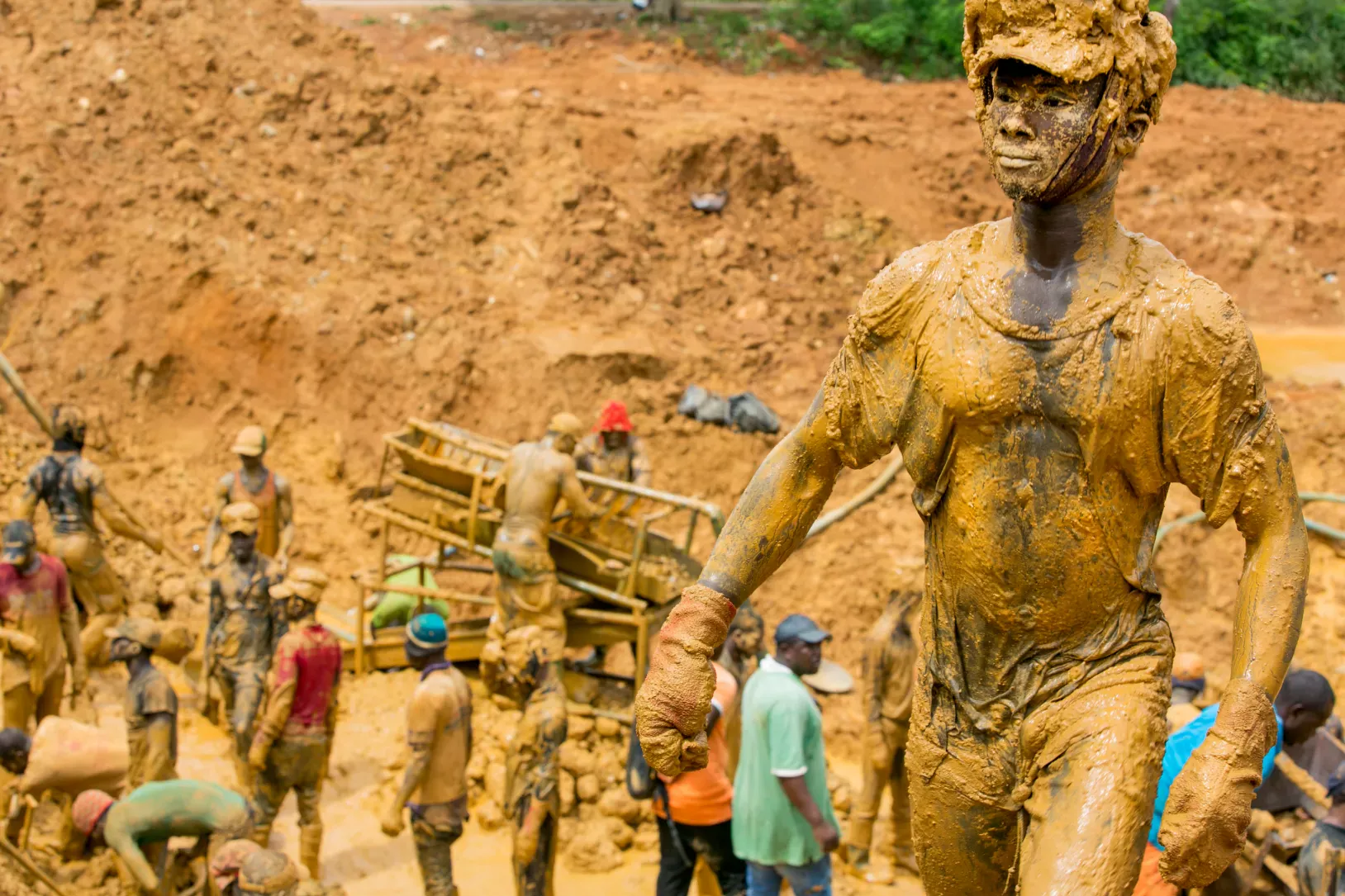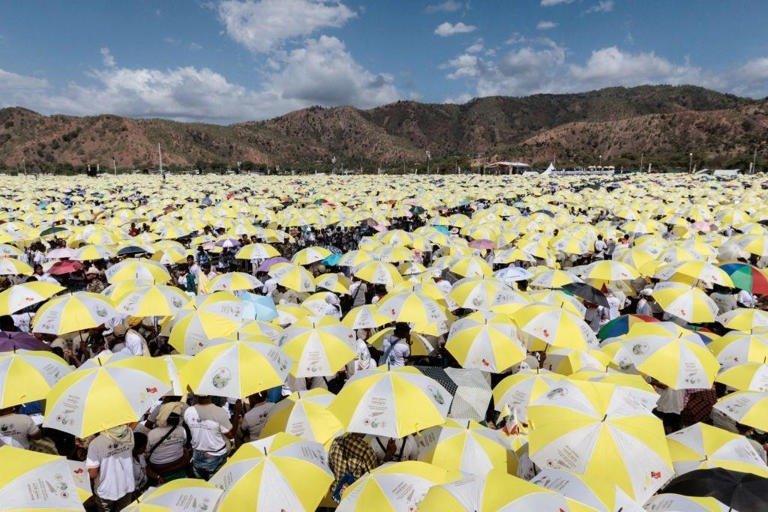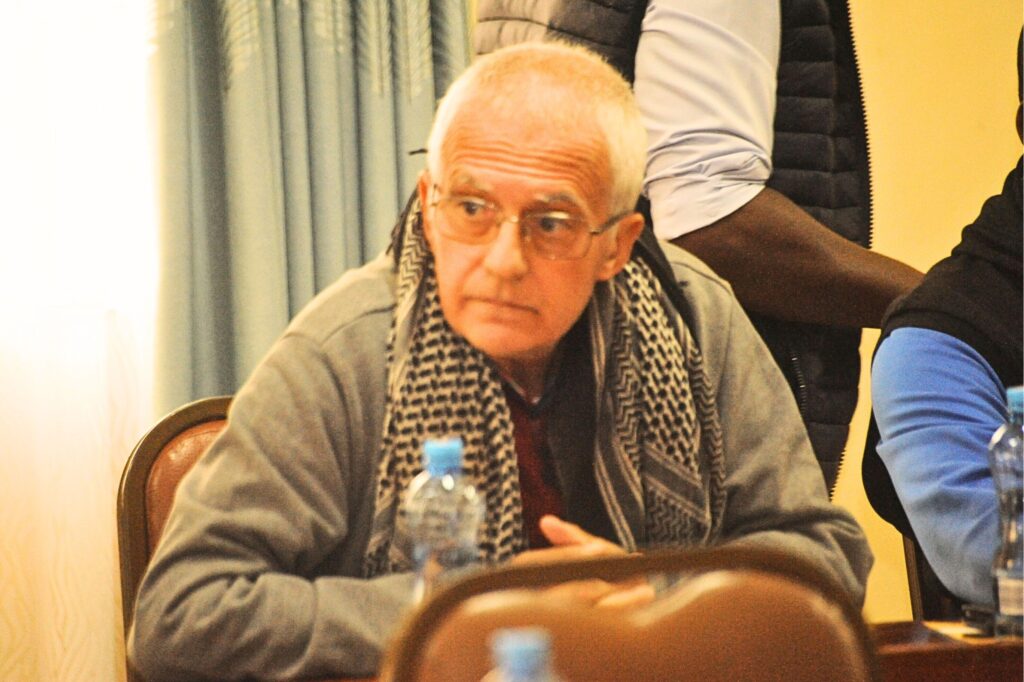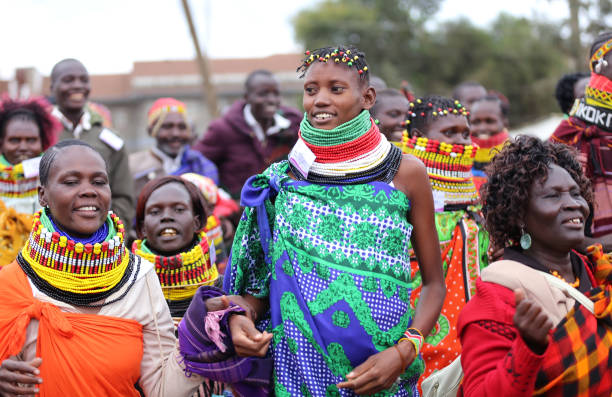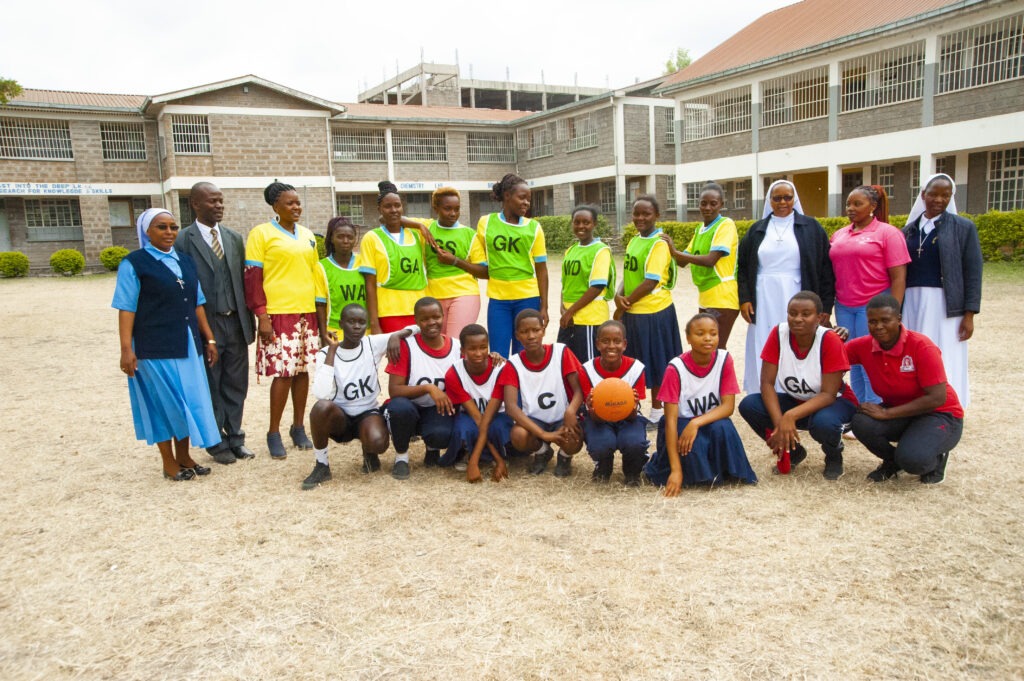My name is Enrico Gonzales, an Italian-Cambodian missionary brother with the Comboni Missionaries, currently working in Abéché, Chad. My role encompasses pastoral care and involvement in human development and inter-religious dialogue initiatives. The Comboni Missionaries have been in Chad for nearly 47 years, establishing a presence in almost every diocese. Our mission began with a foundational community in Moesala, marking the start of our efforts in the country. From there, we expanded our work to meet the diverse needs and challenges faced in various regions.
Abéché: A Cultural and Pastoral Hub
In northern Chad, we are located in Abéché, part of an Apostolic Vicariate. This area serves as a center for our cultural and pastoral activities, strategically important due to its proximity to various communities. I oversee a cultural center in Abéché, which serves as a hub for local youth and cultural activities, promoting understanding and collaboration among different groups. Moving southward, we have a significant presence in the Diocese of Pala, where we operate a parish and are involved in healthcare through a local hospital. This dual focus addresses both the spiritual needs of the community and essential health services.
Bro. Enrico Gonzales, Mccj.
Development Projects in the Diocese of Doba
In the Diocese of Doba, we manage a large parish involved in various human development projects, including infrastructure improvement, agricultural support, and educational enhancement. The parish acts as a focal point for community engagement, reflecting our commitment to addressing the holistic needs of the population. In the southern town of Sar, we manage formation houses for novitiates and postulants. This region is more developed, with a stronger Catholic presence, and the formation houses play a critical role in preparing new missionaries to continue our work.
Pastoral Activities
Our pastoral activities include parish ministry, catechism, youth engagement, and broader human development efforts. Each community has unique needs, which we address through tailored programs. The cultural center I oversee in Abéché is vital in this regard, providing a space for youth to engage in cultural and educational activities and fostering inter-religious dialogue, essential in a predominantly Muslim region. Inter-religious dialogue is a key feature of our mission. The Tent of Abraham in N’Djamena promotes understanding between Christians and Muslims, aiming to build bridges and foster peaceful coexistence. This initiative has been especially important given Chad’s complex religious landscape.
Economic Challenges
Chad faces significant economic challenges that impact our mission. High inflation and shortages of basic goods, exacerbated by regional conflicts, have strained local communities. Despite being rich in oil, wealth is concentrated among the elite, with little investment in social services. Many people work hard but struggle with the high cost of living, leading to widespread hardship. In response, the Comboni Missionaries are developing self-sustaining agricultural projects outside N’Djamena to support our mission and relieve local communities. These efforts aim to tackle economic challenges and enhance food security.
The systemic inequality in Chad is deeply rooted, perpetuated by economic and political systems that favor the elite. Previous attempts at advocacy, such as those by Bishop Rousseau of Doba, faced significant obstacles, leading to repression and his eventual departure. Our commitment to making a difference continues through the Justice and Peace Commission, which addresses conflicts between agricultural and pastoral communities. While this work fosters local peace, it does not directly tackle broader systemic issues.
The Catholic Church in Chad is cautious about political advocacy due to potential manipulation and repression. Past experiences, such as the national dialogue before recent elections, revealed that church participation could be exploited, prompting withdrawal from the process.
Challenges in Pastoral Work
Pastoral work in Chad presents various challenges. Limited participation in sacraments and religious activities, especially in the north, is a concern, as is the scarcity of educational resources and trained catechists. Cultural differences and the predominance of Islam complicate church life in these regions.
The differences in evangelization approaches between northern and southern Chad also pose challenges. The south offers a more supportive environment for religious activities, while the north presents a more complex landscape. The departure of the Jesuits from the north has left a gap that we are working to fill. To address these challenges, we implement localized approaches to pastoral care and education, using local languages and cultural practices to make our programs relevant and accessible. Youth engagement is a particular focus, fostering a new generation of Catholics who can contribute to the church’s growth.
Community and Spiritual Growth
Despite the challenges, we remain committed to our mission. Our annual assemblies and spiritual retreats provide opportunities for community-building and reflection on our work, strengthening our commitment to serving the local population. The work of the Comboni Missionaries in Chad is both demanding and rewarding. We navigate a landscape of economic hardship, structural inequality, and cultural diversity. Our efforts in pastoral care, human development, and inter-religious dialogue are essential to our mission.
While the challenges we face are significant, our dedication to serving local communities and addressing their needs remains steadfast. The economic situation requires ongoing adaptation and resilience. Through self-sustaining projects, advocacy, and localized pastoral care, we strive to make a positive impact on the lives of those we serve.
By Fr. Christopher Silwembe, Mccj.
New People Media

